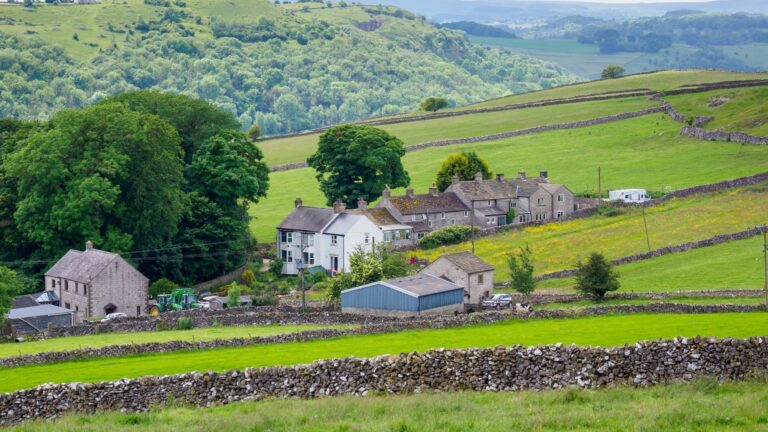
The group’s mission is to support the Government in delivering meaningful change for the UK, emphasising that rural areas should be at the heart of our national ambitions. However, they stress that the distinct challenges facing rural Britain necessitate careful and thoughtful consideration.
I’m pleased to share that since the election we have engaged with many of these MPs through our discussions alongside our partners OFTEC. Collectively, these MPs represent over 250,000 oil-heated households, highlighting the importance of this group.
At the heart of their report is the aim to create a dedicated rural strategy – an initiative I wholeheartedly support. I believe many of our customers and employees, most of whom live and work in rural areas, would also agree, and it seems we are not alone, as polling conducted by the group reveals that – Over three-quarters (82.7%) of voters polled see the need for a defined rural strategy. There is a clear desire for rural areas to be recognised as distinctive by the Government.
Rural Britain is different
To contextualise, consider this data: Almost all oil-heated homes, 96%, are situated in rural areas with lower electric grid capacities, and nearly 50% were built before 1919. Typically, these homes are detached and have more than four bedrooms, making them very different from the average home and certainly very different from their urban counterparts.
The introduction of a targeted rural strategy is not unique. Scotland, for example, recognises that the Highlands and Islands are different, with many policies needing to be assessed based on their effects on these communities, illustrating Scotland’s distinct rural-urban divide.
The report from the rural Labour MPs also states that Three quarters (74.4%) of rural voters polled believe their communities have been neglected over the past 15 years and by bringing forward policies and opportunities that work for our rural communities, rural MPs can make sure that these communities feel seen, listened to, and that they are at the heart of Labour’s Plan for Change.
This is closely aligned with our Future Fuels programme. We recognise that for many, if not most, of the 1.7m homes we serve, the structure, location and size of oil-heated homes present distinct challenges in terms of decarbonisation. Electric-based heating technologies can be more technically and financially challenging to implement successfully in these homes.
Rural residents already pay a premium
The current proposed heat decarbonisation options do not account for the unique characteristics of rural homes and locations, ignoring the potential disruption these changes could cause in residents’ lives. Such disruptions could lead to costs as high as £24,000, with limited relief from running costs. This situation conflicts with research showing that a one-size-fits-all strategy will not work.
In light of this, we have written to the Labour Rural Research Group, proposing that the Government’s forthcoming Warm Homes Plan, due later this year, includes a focused section on rural heat decarbonisation, addressing the first aspiration outlined in their report.
Listening to rural voices
Furthermore, it’s vital that these rural communities are genuinely listened to. A survey conducted by the Future Ready Fuel campaign found that over 95% of off-grid households desire a greater variety of low-carbon heating solutions, while more than 88% of respondents currently using oil heating expressed interest in the option to switch to renewable liquid fuel.
It’s imperative that renewable liquid fuels are featured prominently in the Plan in the section on rural heat decarbonisation as an affordable, accessible, low-cost option. Additionally, actions mandated by the Government, already incorporated into legislation, should be implemented without delay.
A call to action
To meet its 2030 clean power targets, the Government must offer heating-oil consumers solutions that reflect the realities of rural life. These solutions should prioritise choice, affordability and practicality. It is essential to ensure that rural Britain is included in future plans and not overlooked.
Image credit: Dreamstime
